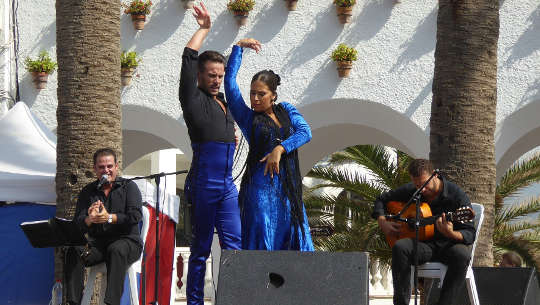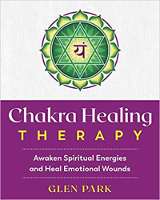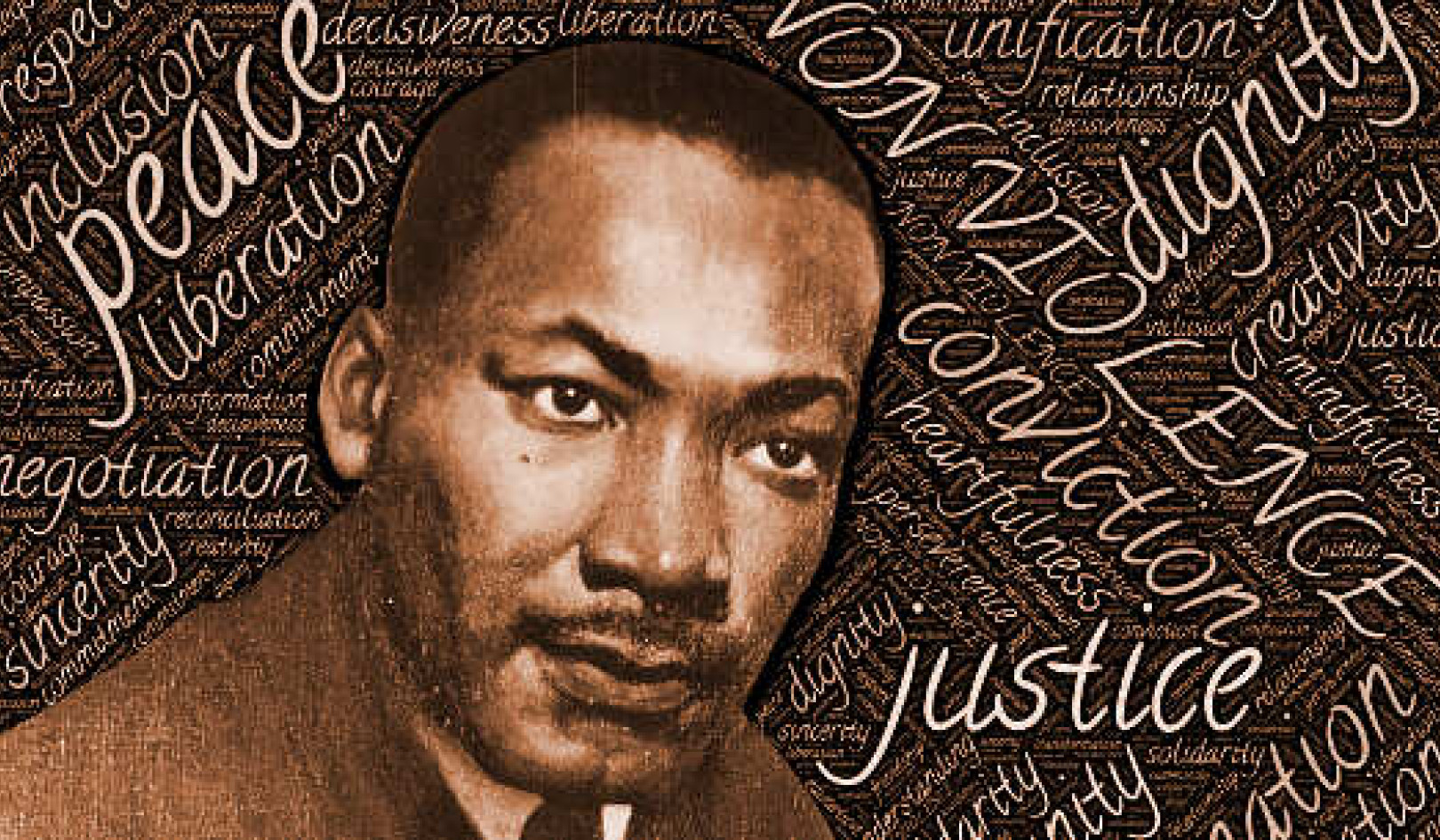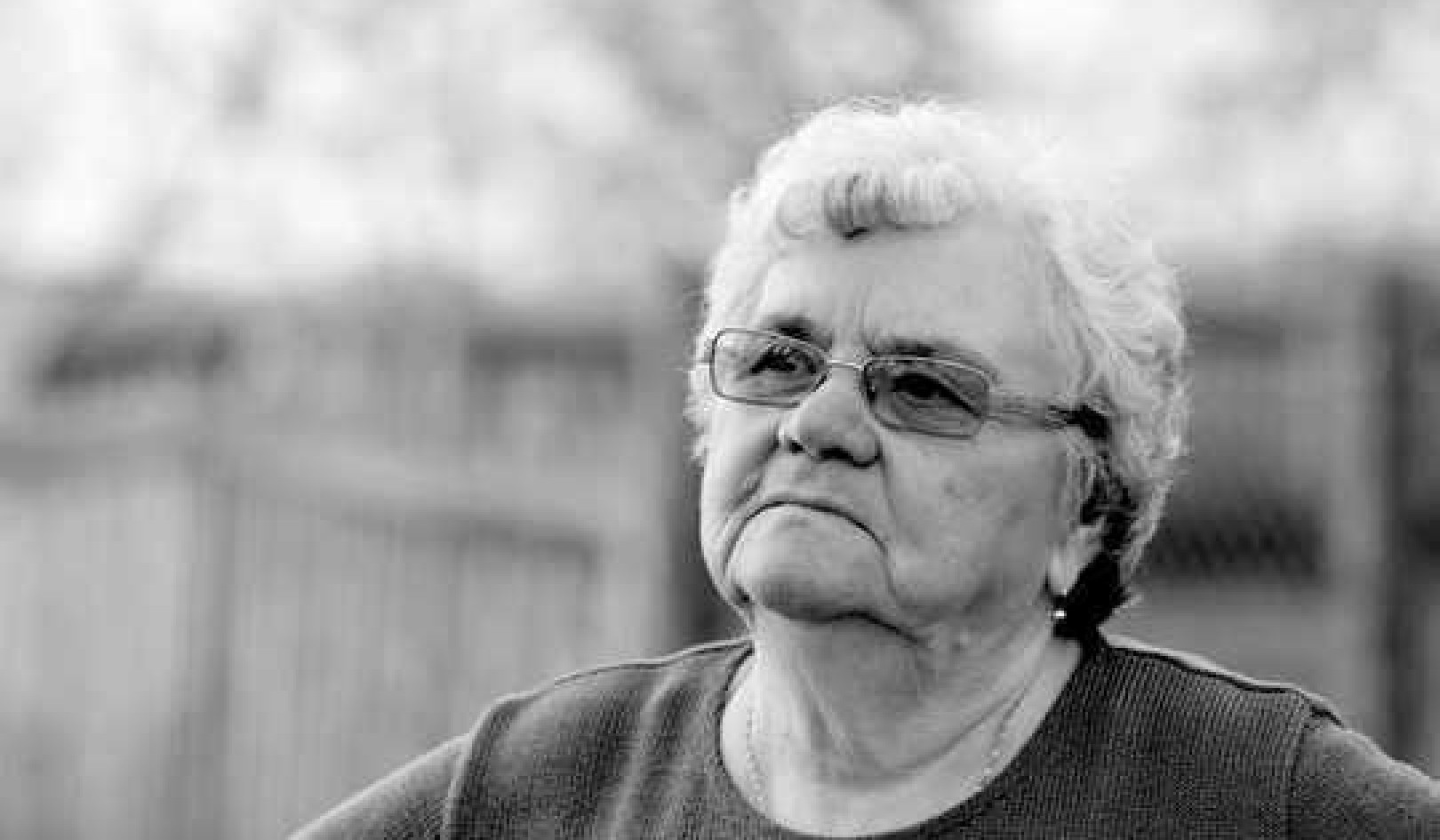
Image by JamesHose
Narrated by Marie T. Russell
Flamenco dancing is a delight to watch. A good flamenco dancer exudes an exuberant self-confidence that we, the audience, absorb. The whole dance has a quality of proud self-assurance and glorification of what it is to be a human being in motion.
The classical flamenco stance is one of the best artistic examples of an expanded solar plexus area, demonstrating a robustly confident third chakra, a tribute to the “city of jewels,” the Sanskrit name for this chakra. We delight in watching this spectacle of self-glorification because it is something we all long for. We would all love to feel that good about ourselves!
Philip was training to be a flamenco dancer. He came to me for Alexander Technique lessons because his dance practice was causing him to suffer from back pain and sleeplessness. He was tightening in the back to create an expanded look at the front of his body, and this was causing his pain. Tightening his back was also energetically cutting him off from his legs and his lower chakras, making him become ungrounded, which in turn caused sleeplessness. Together, we looked at videos of professional flamenco dancers. Many of them seemed to be tightening the back in the same way as Philip, but he found one dancer who maintained a look of length in the back while being beautifully expanded in the front. This image helped him rethink his dancing.
Working with this visual suggestion and with the principles of the Alexander Technique, it didn’t take Philip long to find a way of dancing that didn’t disconnect his lower body, and his pain and sleeplessness went away. But he wasn’t satisfied because he still felt that he had not achieved the confident quality of expression he aspired to in his dancing. His performance was being subtly sabotaged by the way he was expressing himself.
At this point I suggested that we work with chakra therapy. The main focus of the chakra work was on nourishing and strengthening the Solar Plexus Chakra, both through my energetic healing work and through self-awareness exercises like the ones in the following section. These exercises helped Philip build a strong inner champion. The result transformed his performance. He exuded confidence in his dancing and looked brilliant.
He also had a major realization about himself. He had been attracted to flamenco dancing because he wanted to feel the powerful confidence that flamenco dancers display. Without realizing it, he wanted to have a more self-assured Solar Plexus Chakra, a strong inner champion, and hoped that the dance would achieve this for him. Well, in a roundabout way,
it did!
Finding Your Strong Inner Champion
Find somewhere quiet and peaceful where you can sit comfortably or lie down in one of the semi-supine positions (laying flat with knees bent).
Place one hand on your lower abdomen and one hand on your upper abdomen in the solar plexus area. Your hands are now in contact with your inner child in the Sacral Chakra and your “inner young adult” in the Solar Plexus Chakra.
Begin by spending a few moments thinking about your feet, legs, and pelvic area. Visualize the energy flowing up through your feet chakras, up your legs, and into your pelvis, nourishing the Base Chakra in the pelvic floor, the instinctual animal part of your psyche. Remind yourself of the ways in which you can nourish your inner animal.
Then let the energy flow up into your abdomen and think of the ways in which you can nourish your inner child in the Sacral Chakra. Energetically, the Base and Sacral Chakras support the Solar Plexus Chakra, so it can help to give them a few moments of kind attention before you think of the energy moving up into your upper abdomen. Notice any sensations, feelings, or thoughts arising in your body as you give attention to the Base and Sacral Chakras.
Now visualize the energy rising up to the solar plexus area of your body, getting a sense of whether it feels very expanded, firm and held, or quite hollow. Think about how confident you feel generally. In what areas of life do you feel strong and capable, and in what areas of life do you feel weak and vulnerable?
Think about all the things in your life that you own: possibly a house and a car, and all the things that are inside that house or car, like the furniture, books, electronics, pictures and decorations, the clothes you wear, and all the other many things that you have created or acquired as part of your life and your identity.
Pick out some of the things that you feel particularly pleased to own. Perhaps it’s some items of clothing or jewelry, your sound system or other electronic equipment, your books, your plants, a piece of furniture, or that kitchen appliance. Cast your mind over all these possessions and allow yourself to feel really pleased that they are in your life. Congratulate yourself on having acquired them. Notice whether thinking positively in this way is having any effect on the feelings and sensations in your body, and whether you notice changes where your hands are in contact with your upper and lower abdomen.
Turn your attention to your relationships, and allow yourself to feel really pleased about all the people in your life whom you value: your friends, your partner, your children, and/or other family members. Appreciate yourself for having grown and maintained all the good relationships in your life. Include any pets with whom you feel that you have a positive relationship. Once again, notice any sensations, feelings, and thoughts arising as you do this.
If, as you are moving through this exercise, you feel negative responses, critical thoughts, or uncomfortable feelings arising, don’t fret. What is important is that you are becoming more self-aware about your inner voices, so congratulate yourself for that!
Now remember some of the things you have done in your life that you feel very pleased about, from when you were quite young to the present time, things that make you feel proud of yourself. These can be achievements, like passing exams, learning skills, developing a career, and traveling, or they can be relationships, like building friendships that you value, finding a partner to share your life with, raising a family, or taking care of someone.
As you think about these things, visualize and send loving, healing energy from your hands into your second and third chakras, nourishing your energy system.
Add to these achievements the challenges you have overcome in your life—the times when life was difficult and you had to develop inner resources to endure them. Appreciate those resources that have enabled you to come out the other side of those difficult times.
Now think about your own positive personal qualities, and allow yourself to feel pleased and to appreciate the kind of person that you have become. See if you can find some psychological qualities that you admire in yourself. Then think of some physical qualities, too—ways in which you consider yourself attractive or strong.
Write a list in your journal of all the positive thoughts of self-appreciation you have created. This is the voice of your inner champion. Read through this list every day for a week and then from time to time after that, especially on days when you are having a difficult time.
For this exercise, don’t include any of the critical thoughts that you might have had. That is the voice of your inner critic, which we will explore below.
Life from the Perspective of the Inner Champion
Another way to use the list of positive judgments about yourself that you came up with in the previous exercise is to write the story of your life from the perspective of your inner champion. The inner champion sees only the positive in everything that has happened in your life, so even the most difficult experiences will be explained in ways that emphasize the positive, such as what you have learned from these experiences or how alternatives to those experiences would have been much less positive.
For example, a client who had been using drugs in her late teens, when asked to view this period of her life from the perspective of the inner champion, told me if she hadn’t taken drugs she would probably have taken her own life. From that perspective, her drug abuse was lifesaving, especially because she later overcame her addiction.
Find a way of interpreting all your actions from a positive perspective and write this positive story in your journal.
Dialogue between the Inner Champion and the Inner Critic
In the first exercise, in which you were encouraged to find the voice of your inner champion, you probably noticed the voice of your inner critic jumping in to undermine you. This is pretty normal! Be aware of that inner critic and get to know it so that you can begin a dialogue between these two voices, one in which the inner critic doesn’t always win.
One way to do this is to take a clean sheet of paper and two different-colored pens. Choose a color for the inner critic and one for the inner champion.
Now, from that first exercise, find one of your appreciative remarks that sets off a judgmental response from your inner critic. Write the positive remark on the sheet in the color of the inner champion and the judgmental response underneath it in the color of the inner critic. Then let your inner champion respond to your inner critic, defending you against the criticism, and if another judgmental remark surfaces, write that down.
Allow the dialogue between these two inner voices to continue until your inner critic is listening to your inner champion and giving you permission to appreciate yourself more.
Find phrases that calm your inner critic. One of my favorites is “I did my best and that’s good enough.”
Copyright 2021. All Rights Reserved.
Published by Destiny Books, an imprint of Inner Traditions, Intl.
Reprinted with permission. www.innertraditions.com
Article Source
Chakra Healing Therapy: Awaken Spiritual Energies and Heal Emotional Wounds
by Glen Park
 In this in-depth guide to working with the chakras, author Glen Park draws on her decades of experience as a Chakra Therapist to explain how the chakras can be understood as an embodied map of the psyche, with each chakra representing a different stage of development from infancy and childhood through adulthood, with the Heart Chakra playing a central role in awakening the spiritual potential of the upper chakras.
In this in-depth guide to working with the chakras, author Glen Park draws on her decades of experience as a Chakra Therapist to explain how the chakras can be understood as an embodied map of the psyche, with each chakra representing a different stage of development from infancy and childhood through adulthood, with the Heart Chakra playing a central role in awakening the spiritual potential of the upper chakras.
The author examines each chakra individually on the physical, psychological, psychic, and spiritual level, as well as through the lens of the solar (masculine) and lunar (feminine) channels. She shows how the connections between the chakras and developmental stages are paralleled in the findings of Western psychology and neuroscience and how our collective expressions of the chakras influence cultural trends in society.
For more info and/or to order this book, click here.
 About the Author
About the Author
Glen Park has taught workshops in the Alexander Technique and chakra healing therapy for more than 30 years in Europe, the United States, Australia, and Japan. She has presented at conferences for Alexander Technique International and the Society of Teachers of the Alexander Technique. She is also the author of The Art of Changing.



























